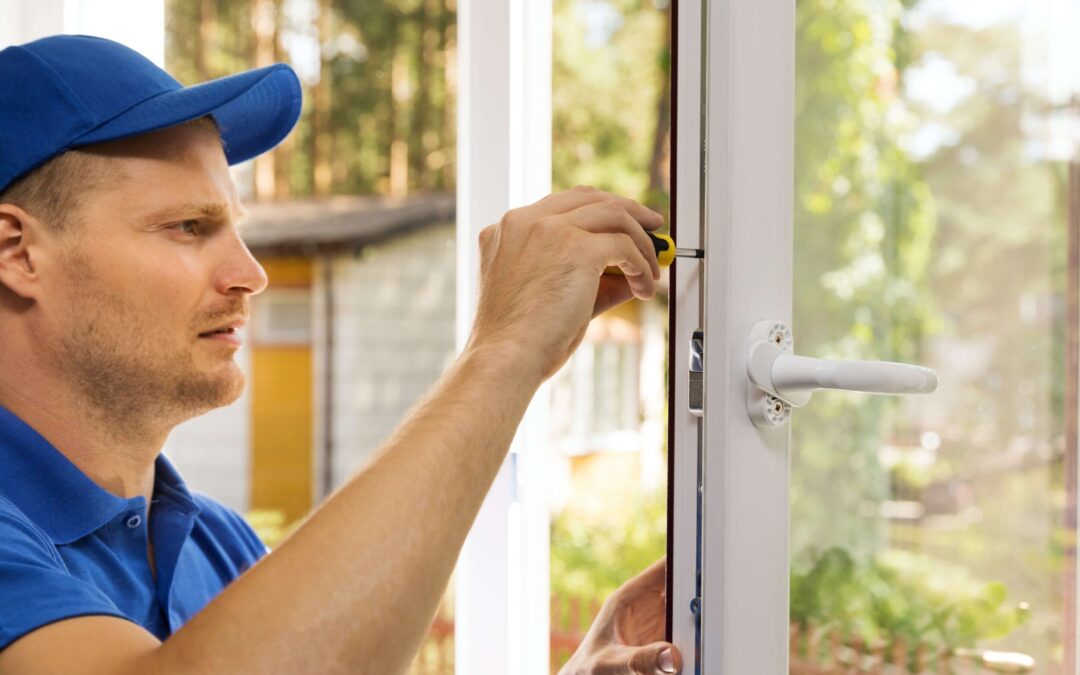Indoor air quality is a crucial aspect of maintaining a healthy and comfortable living environment. Many factors can affect indoor air quality, and one often overlooked contributor is the installation of windows. Proper window installation plays a significant role in improving ventilation, reducing pollutants, and enhancing overall indoor air quality. In this blog post, we will explore the connection between window installation and indoor air quality, highlighting the importance of professional installation and the benefits it brings to your home.
1. Ventilation and Fresh Air Exchange
One of the primary ways windows impact indoor air quality is through ventilation and fresh air exchange. Well-installed windows facilitate the movement of fresh outdoor air into your home while allowing stale indoor air to escape. This exchange helps dilute indoor pollutants, such as volatile organic compounds (VOCs), odors, and excess humidity. Proper ventilation reduces the concentration of indoor pollutants, promoting healthier air for you and your family to breathe.
2. Reduction of Condensation and Mold
Proper window installation can help minimize condensation issues, which can lead to mold growth and adversely affect indoor air quality. Well-sealed windows prevent moisture from entering your home, reducing the likelihood of condensation forming on windowsills and frames. Condensation provides a breeding ground for mold, mildew, and other harmful microorganisms that can compromise indoor air quality. By ensuring a tight and secure window installation, you can mitigate the risk of moisture-related issues and maintain healthier living space.
3. Energy Efficiency and Air Filtration
Energy-efficient windows, such as those with double or triple glazing and low-emissivity coatings, contribute to better indoor air quality by enhancing air filtration. These windows create a tighter seal, reducing drafts and preventing outdoor pollutants, such as dust, pollen, and outdoor contaminants, from entering your home. Improved air filtration helps create a cleaner and healthier indoor environment by trapping and filtering airborne particles, ultimately improving the quality of the air you breathe.
4. Noise Reduction and Comfort
Windows with proper installation also play a role in improving indoor comfort, which indirectly impacts air quality. Well-installed windows reduce noise infiltration from the outside, creating a quieter and more peaceful indoor environment. This can lead to reduced stress levels and better sleep quality, positively influencing overall well-being. When you feel more comfortable and at ease in your home, it promotes a healthier lifestyle and contributes to better indoor air quality.
5. Professional Window Installation
To maximize the benefits of window installation on indoor air quality, it’s crucial to ensure a professional installation. A professional installer will ensure that windows are properly sealed, eliminating gaps and air leaks that can compromise ventilation and energy efficiency. They will also ensure that the windows are aligned correctly, providing a secure fit and preventing moisture intrusion. Hiring experienced professionals guarantees that the installation process adheres to industry standards, ensuring optimal performance and long-term benefits for your indoor air quality.
Window installation plays a vital role in maintaining good indoor air quality. Properly installed windows improve ventilation, reduce condensation and mold growth, enhance energy efficiency and air filtration, and contribute to overall indoor comfort and well-being. By hiring professionals and choosing energy-efficient windows, you can enjoy the benefits of improved indoor air quality, creating a healthier and more comfortable living environment for you and your family.
**References:**
– Energy.gov. (n.d.). Energy-Efficient Windows.

